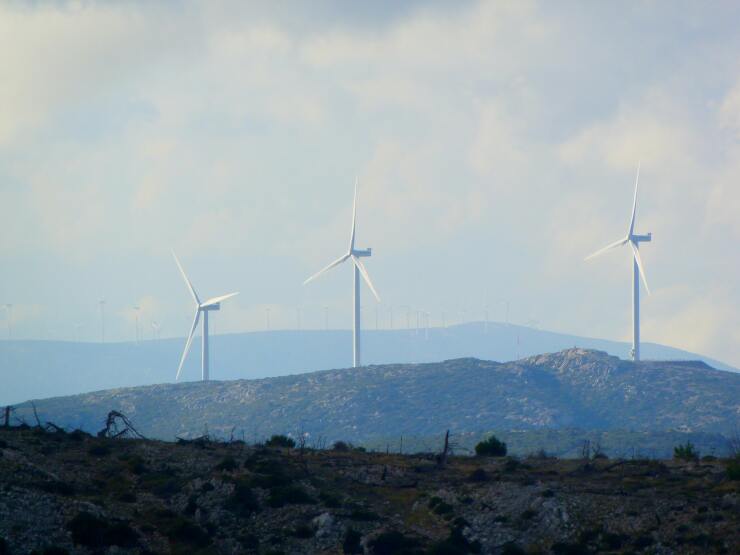In the recent market tumult, the largest ESG-focused exchange-traded funds in the U.S. are again showing that they are little more than market-trackers — with even worse performance.
The
Seventeen of the $24.7 billion fund’s 20 largest holdings, led by
An analysis of the Vanguard ESG U.S. Stock ETF (ticker ESGV) shows a similar focus on shares of tech companies. About 20.8% of ESGV’s assets are invested in four tech stocks—
Vanguard’s $6.2 billion ETF has fallen 6.5% since the start of the year, almost 2 percentage points more than the S&P 500.
The third biggest ESG-focused fund with ESG in its title is BlackRock’s iShares MSCI USA ESG Select Social Index ETF (ticker SUSA). The fund’s three top holdings are Apple,
Of the three funds, ESGU is closest to a market-tracking fund based on the fund’s overall composition, said Shaheen Contractor, an analyst at Bloomberg Intelligence who writes about ESG-focused ETFs.
ESGV shouldn’t be graded against the S&P 500 since they hold a larger proportion of mid- and small-cap stocks, Contractor said. For ESGV, the appropriate benchmark is the Russell 3000, which has declined 5.2% since the start of the year—less than ESGV.
SUSA’s benchmark is the MSCI USA Index, which has fallen 5.7% since the end of December. The fund dropped 6.6% in the same period.
From an ESG standpoint, it does make some sense that managers of these funds gravitate to tech stocks. Companies like Apple, Microsoft and
Nevertheless, most investors in ESG ETFs likely would be more comfortable knowing that managers of their funds are
Contractor said considering the level of ESG exposures and the fees charged helps identify reasonably priced ETFs. “ESGU stands out as a strategy that offers low levels of ESG exposure with relatively higher fees, making it an industry laggard,” she said.







